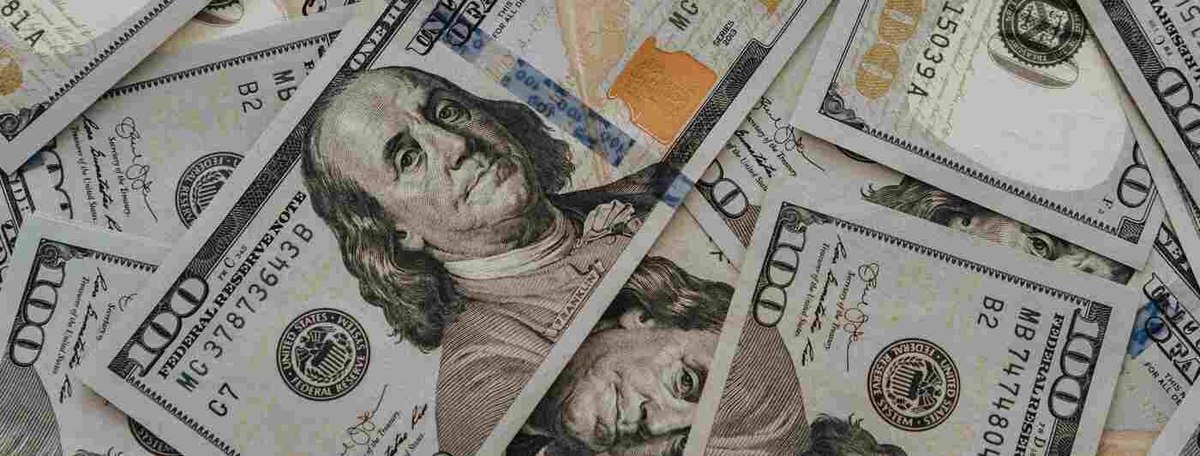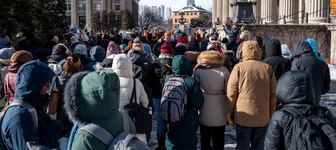In the last week, prominent Republicans, including Alabama’s Governor Kay Ivey, and Arkansas Gubernatorial candidate Sarah Huckabee Sanders — both from states with low vaccination rates and rising cases of COVID-19 — urged Americans to get vaccinated.
Their message, according to the latest Economist/YouGov poll, might have had a small impact on the number of Republicans who reject vaccinations. Encouragement from political figures does not appear to be the strongest argument that can be made for unvaccinated Americans getting vaccinated against COVID-19.
While the urging of fellow Republicans may help a little, it is not the best argument for vaccination, at least according to those who currently reject or aren’t sure about the vaccine. Very few of those currently saying they will not get vaccinated think the urging of their state’s governor (3%), their religious leader (2%), their doctor (6%) – or even the urging of former President Donald Trump (2%), cited by Huckabee Sanders in her op-ed – would change their minds.
If government leaders can’t persuade the unvaccinated, what about cash?
The U.S. government is eager to get more Americans vaccinated, and it is seemingly putting its money where their mouths is. On Thursday, the Treasury Department asked states, territories and local governments to pay $100 to unvaccinated Americans if they get their shots. One in 12 unvaccinated Americans (8%) say that a $100 incentive would work. Three-quarters (75%) fully reject the financial incentive, and 17% of unvaccinated Americans are uncertain.
The best incentive might be moved by the belief that their personal vaccination could protect their family. One in seven unvaccinated adults (14%) would be motivated to get the vaccine if they believed it could protect their family. Some could be motivated by full Food and Drug Administration approval of the vaccine (9%) or by a requirement by their employer to get vaccinated (8%). Wanting to travel (8%) could also move some people.
But change is most likely to come from 12% of Americans who currently say they have yet to decide whether or not to accept vaccination. No single argument moves more than one in twenty of those who say they will not be vaccinated (5%). In contrast, three in 10 adults who are not sure about vaccination (30%) say they would change if they thought the vaccine could protect their family.
Nearly half (46%) of those currently on the fence say at least one of the ten suggested reasons could motivate them to be vaccinated; less than one in five (19%) who say they will not get the vaccine in this week’s poll think they might change their minds for any of the reasons listed.
The more infectious Delta variant is unlikely to sharpen minds to the problem. Nearly four in five (79%) of those who currently reject vaccination say they are not too worried or not worried at all about the Delta variant.
See the toplines and crosstabs from this Economist/YouGov poll
Related: Americans want to allow vaccinated European tourists, despite current ban
Methodology: The Economist survey was conducted by YouGov using a nationally representative sample of 1,500 US Adult Citizens interviewed online between July 24 - 27, 2021. This sample was weighted according to gender, age, race, and education based on the American Community Survey, conducted by the US Bureau of the Census, as well as 2016 Presidential vote, registration status, geographic region, and news interest. Respondents were selected from YouGov’s opt-in panel to be representative of all US citizens. The margin of error is approximately 2.9% for the overall sample.
Image: olia danilevich from Pexels








